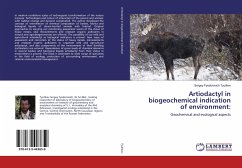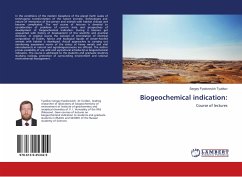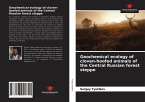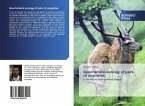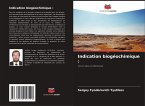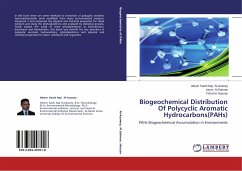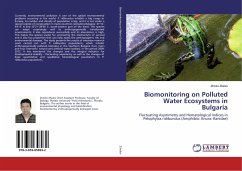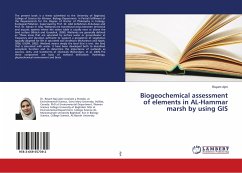In modern conditions scales of technogenic transformation of the nature increase. Technologies and nature of interaction of the person and animals with habitat change and become complicated. The author developed the concept of interrelation of chemical composition of bodies, fabrics and biological liquids of cloven-hoofed animals with habitat. Original approaches to carrying out monitoring assessment works of the status of heavy metals, vital microelements and resistant organic pollutants in natural and agrobiogeocenoses are offered. The possibility of use wild and agricultural artiodactyl as biological indicators is proved. New ways of assessment and correction of the status of heavy metals, microelements and resistant organic pollutants in organism wild and agricultural artiodactyl, and also components of the environment of their dwelling (cultivation) are entered. Dependence of gross levels of chemical elements in visceral bodies and biological liquids artiodactyl from their status in environment is proved. The book is addressed to wide range of specialists in the field of ecology, protection of surrounding environment and rational environmental management.
Bitte wählen Sie Ihr Anliegen aus.
Rechnungen
Retourenschein anfordern
Bestellstatus
Storno

